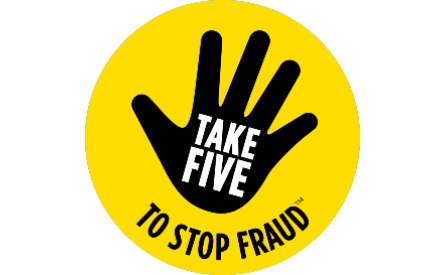Phishing is a type of social engineering attack used by cybercriminals to steal your personal information, including login codes and credit card numbers. Phishing can be conducted via a text message, social media, or by phone, but the term 'phishing' is mainly used to describe attacks that arrive by email.
It happens when an attacker pretends to be from a trusted company who wants to trick you into opening a message on your device and then clicking on a link to a fraudulent website to steal your information and cash.

